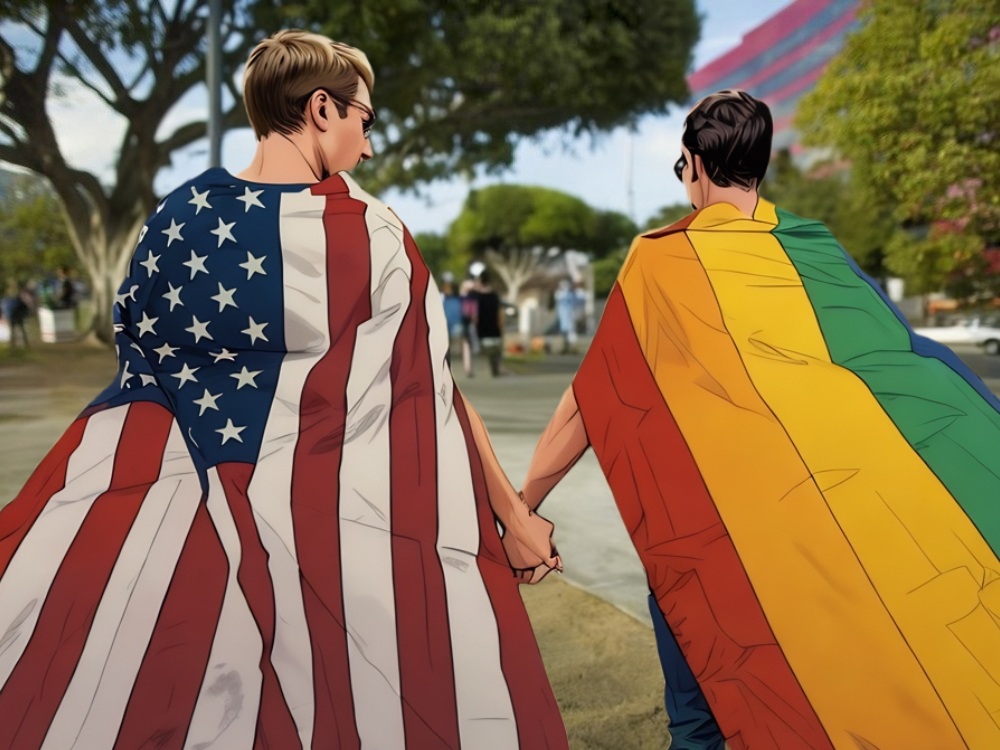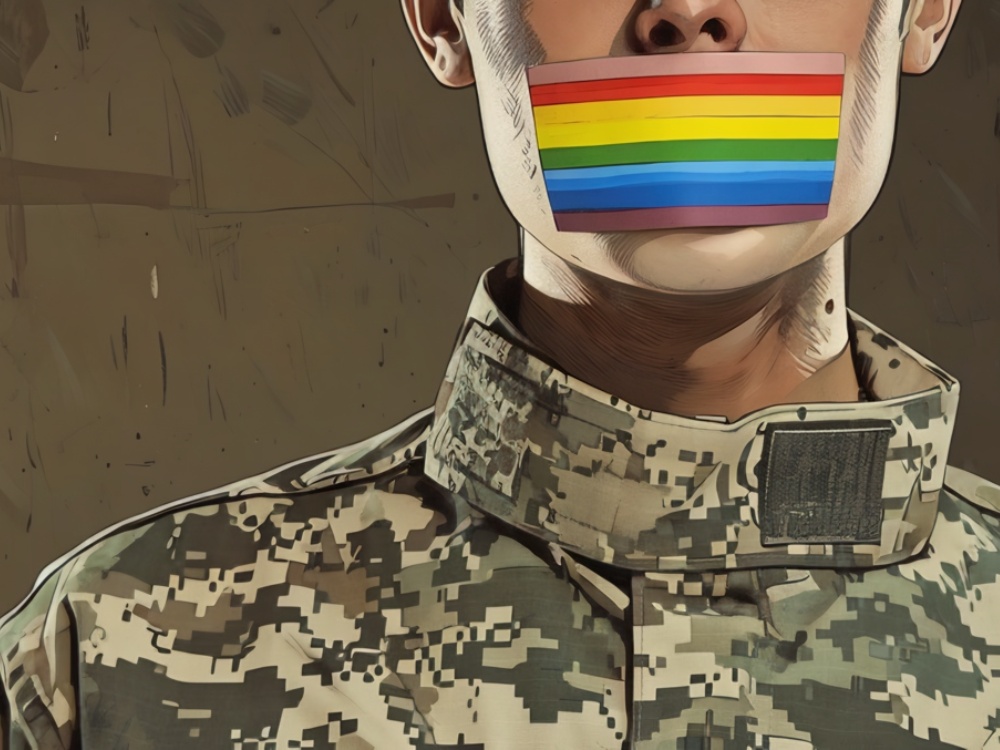Activists in Orlando have defiantly re-coloured the rainbow crosswalk outside the former Pulse nightclub after it was removed under a directive from the Trump administration and enforced by Florida Governor Ron DeSantis.
The memorial crossing, originally created to honour the 49 victims of the 2016 Pulse nightclub shooting—the deadliest mass shooting in US history—was scrubbed away earlier this week. Officials claimed the decision was to prevent “political” use of state roads.
Governor DeSantis defended the move, saying:
“We will not allow our state roads to be commandeered for political purposes.”
But the community was quick to push back. On Friday (22 August), more than 100 activists gathered to cover the crosswalk with chalk in bright rainbow colours.
Florida state Democratic Senator Carlos Guillermo Smith joined the protest, posting on X/Twitter:
“We will NOT be erased.”
He added:
“The DeSantis regime may have ripped the colours off of the crosswalk at the Pulse Nightclub Memorial, but we will NOT be erased. If the state gets their way, there will be a rainbow mural nearby that is bigger, queerer, and more colourful than they ever imagined.”
Survivor Response
Brandon Wolf, a survivor of the 2016 massacre and prominent LGBTQ+ activist, also attended the protest. He condemned the governor’s actions, calling DeSantis “cowardly.”
“A memorial to my dead brothers isn’t political. But your cowardly, dead-of-night erasure of it sure is,” Wolf wrote on social media.
Wolf further criticised Republican leaders for hypocrisy:
“The same people desecrating a memorial to the 49 people murdered at Pulse nightclub will demand monuments to Confederate traitors.”
He also highlighted contradictions in DeSantis’ claim that Florida’s roads should be “non-political,” pointing out that the governor previously signed a bill renaming a road after conservative radio commentator Rush Limbaugh.
Sharing images from the chalk protest, Wolf wrote:
“Last night, the DeSantis administration snuck in and tried to quietly erase the state-approved crosswalk to honour the 49 people murdered at Pulse Nightclub. So this afternoon, the community showed up to do a little chalking. I love you, Orlando.”
The protest served as both an act of remembrance and resistance, ensuring the memory of the Pulse victims remains visible despite state efforts to erase LGBTQ+ symbols from public spaces.


































